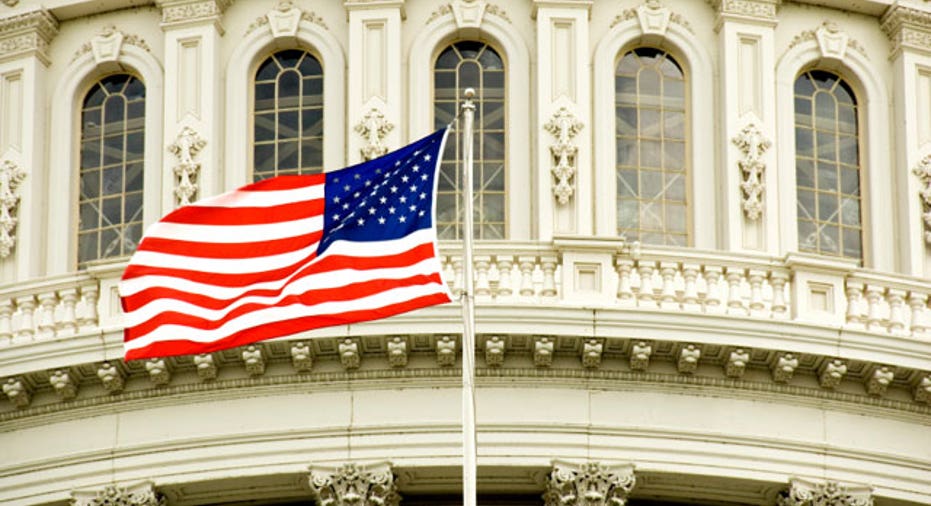White House Says Tax Hikes Can Pass Congress

The White House said Wednesday a budget deal that includes tax hikes can pass Congress, challenging the central argument of Republicans, who say a deficit-reduction plan must contain only spending cuts.
Ahead of a meeting between President Barack Obama and top congressional leaders on Thursday, the White House said there were enough Republicans and Democrats in Congress who would support eliminating some tax breaks.
Republican leaders have repeatedly said a deal to cut the deficit and clear the way to increase the United States' $14.3 debt ceiling will not pass Congress if it includes tax hikes.
``We believe that there are enough members of both parties in both houses who support the idea that a big deal has to be balanced and therefore include spending cuts in the tax code,'' White House spokesman Jay Carney told a briefing.
Democrats have been calling for the rollback or repeal of some ``tax expenditures'' that critics call little more than special-interest spending embedded into U.S. tax law. Two examples are tax breaks for ethanol blenders and companies that have corporate jets.
The two sides have been deadlocked for nearly two weeks over taxes as they try to reach a deal to raise the debt limit before the country runs out of borrowing capacity on Aug. 2.
Failure to raise the cap by then could prompt a default on debt service, retirement benefits and other obligations that could push the country back into recession and send shock waves through global financial markets.
SPENDING CUTS
The two sides have identified roughly $2 trillion in spending cuts, which would enable lawmakers to say they are taking steps to get the national debt under control while they sign off on further borrowing.
Talks collapsed over Democrats' insistence that the deal must also close about $400 billion in tax breaks that benefit wealthy individuals and some business sectors.
Republicans say those tax increases would hurt the economic recovery and have no chance of passing Congress. Republicans control the House of Representatives by a large margin, while Democrats control the Senate.
``It's ludicrous for the administration to propose raising hundreds of billions in taxes at at time when 14 million Americans are looking for work and job creators are struggling,'' Senate Republican Leader Mitch McConnell said on the Senate floor.
But opposition to tax increases is not as uniform as McConnell says.
Most Senate Republicans voted a few weeks ago to end a tax break that benefits ethanol producers, and three of his top lieutenants in the Senate -- Jon Kyl, Lamar Alexander and John Cornyn -- have indicated that they could support ending some tax breaks without a corresponding tax cut elsewhere.
While Republicans are resolute in opposing any increases in tax rates for the wealthy or other income groups, they are less definitive when asked whether they also would block changes to tax breaks or loopholes.
In the House, Republican leaders could be forced to rely on Democratic votes if their most conservative members vote against the deal, which could force them to agree to some revenue increases.
(Writing by Andy Sullivan, additional reporting by Richard Cowan; editing by Ross Colvin)



















